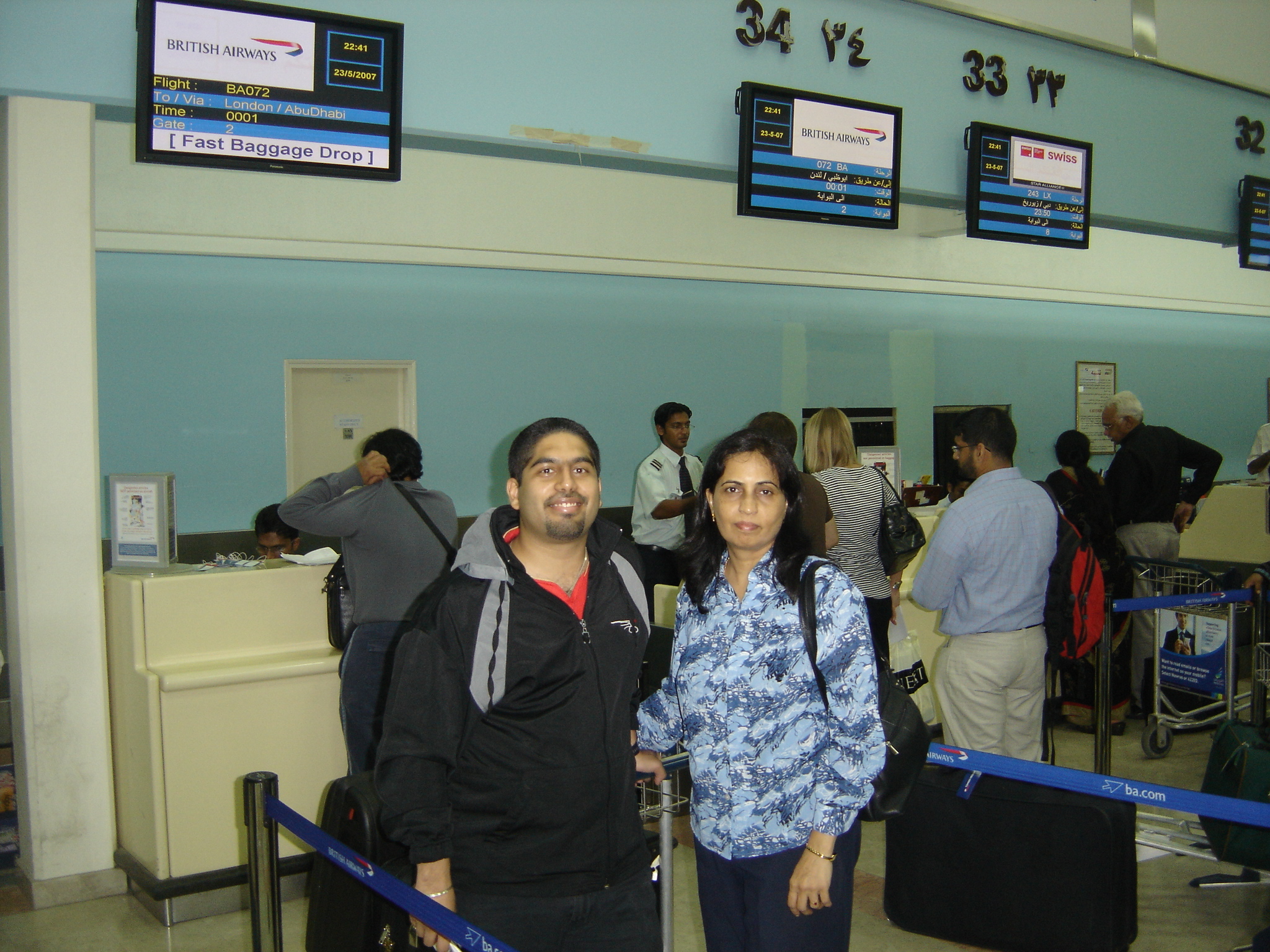In practice, the Irish president is a ceremonial figurehead, much like our Queen and the Indian president. But because of the notoriety attached to Sinn Fein's candidate, it has garnered far wider media coverage than it deserves. What intrigued me was how the current deputy First Minister of Northern Ireland could stand for the presidency of another sovereign state. The possibility of such an event reinforced the complex legal relationships shared by members of the British Isles.
The relevant starting point for the legal relationship between Ireland (as a whole) and Great Britain (England, Wales and Scotland) began with the merger of the two Kingdoms in 1801 to form the United Kingdom of Great Britain and Ireland. Following a fight for independence, the majority of Ireland seceded from the UK and formed the Irish Free State in 1922 (but retained the British monarch as Head of State and remained a self-governing dominion within the British Commonwealth). Northern Ireland (comprising six of the nine Ulster counties) remained a part of the UK. A new constitution introduced in 1937 declared (Southern) Ireland a sovereign state and in 1949, the Irish Free State proclaimed itself a republic and severed all remaining ties to the British monarchy and the British Commonwealth. And so it has remained till today. In 1973, the Republic of Ireland and the United Kingdom joined the European Economic Community (now known as the European Union) as separate members, while in 2002 the Republic adopted the Euro currency along with eleven other EU member states. Although the UK did not adopt the Euro, it's obvious that theirs is a shared but complicated history.
But unlike the partition of India and Pakistan in 1947 which for all intents and purposes, resulted in both sovereign states pursuing agendas virtually independent of the other, the same cannot be said of the Republic and UK. And that's despite the acrimony that existed between the two countries, whether at a governmental level or by the average bald-headed chap on a Clapham omnibus. In fact it is somewhat surprising just how interconnected the two sovereign states are at every level.
In terms of trade, Ireland is the UK's fifth biggest trading partner, receiving around seven percent of British exports, while British trade with Ireland is still greater than its business with the emerging economies of the BRIC countries (Brazil, Russia, India and China) combined! British retailers such as Tesco and Marks & Spencer have a high-profile presence in Dublin (probably attracted by the 12.5% corporation tax in the Republic compared to 27% back home) while Ireland is a crucial market for goods produced in Northern Ireland. So much so that some British MPs recently
concluded that devolving the setting of corporation tax to the Northern Ireland Executive would help businesses in the region to compete with the Republic.
At a sporting level, one could argue there is an even greater degree of cooperation. In many sports such as hockey, cricket and rugby union, they are organised in an all-island basis, with a single team representing Ireland in international competitions. But in football, there are separate organising bodies and teams representing Northern Ireland and the Republic. And at the Olympics, a person from Northern Ireland can choose to represent either Ireland or Team GB.
But we return to politics and elections. Since 1949, when the Republic was proclaimed and Ireland left the Commonwealth, Irish citizens have retained full voting/candidature rights in the UK at all levels as they could before 1949 as British subjects. This includes general, EU and local elections. Similarly, British citizens have more voting rights in Ireland than other EU and non-EU citizens in that they can vote at Irish general elections but like the others, they cannot vote in presidential elections and referendums. Therefore we now have a situation in which a Northern Irish-born Irish national, MP at Westminster, MLA of the Northern Irish Assembly and deputy First Minister of Northern Ireland is standing for the presidency of the Republic. But thanks to the current legal position, British citizens in Northern Ireland will not be allowed to vote in the presidential election unless the Irish constitution was changed, as one Sinn Fein MP (UK) has
proposed. Still with me?
In more ways than one, Sinn Fein is the political glue that binds the British Isles together. It is the only political party to still participate in elections at Westminster, within Northern Ireland and in the Republic. Its current leader (Gerry Adams) is a former member of the Northern Irish Assembly and British House of Commons, positions which he resigned from in order to become a member of the Irish parliament earlier this year. And like all former and current Sinn Fein MPs at the British House of Commons, he never took the oath of allegiance/affirmation which meant they could never attend or vote on proceedings in the House. As the political wing of the IRA, it should come as no surprise that there remains to this day a frosty relationship (to say the least) between the British monarchy and Irish republicans. In fact, even when the Queen visited the Republic earlier this year as the first British monarch to do so in a century, Sinn Fein did not take part in any of the main ceremonies. But Martin McGuinness has said he will be
prepared to meet all heads of state "without exception", if he is elected President of Ireland. His victory in the forthcoming election would be worth it just for that historic handshake alone.
